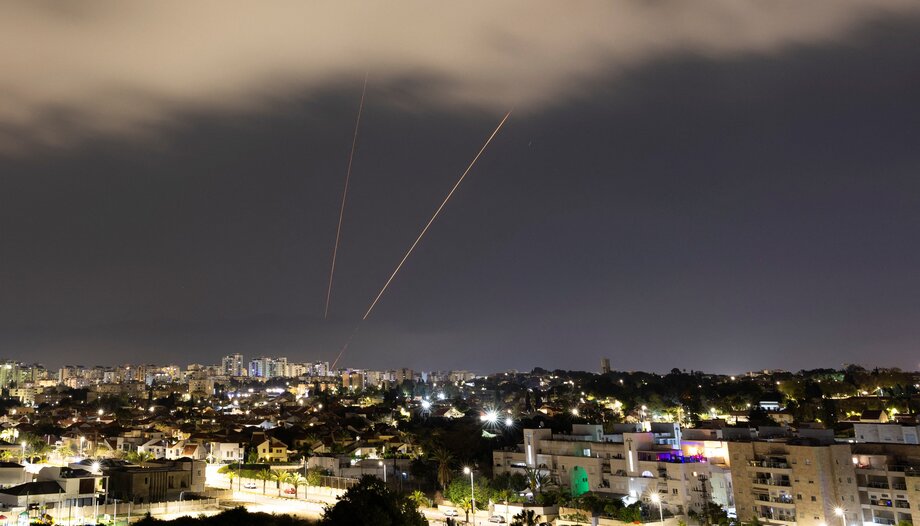Mentre i diversi conflitti continuano a insanguinare il Medio Oriente, Papa Francesco non si stanca di impegnare la sua voce autorevole per rinnovare ancora una volta un forte appello alla riconciliazione e alla pace anche in questa speciale regione del mondo, mentre non passa giorno che non chieda di pregare per la “martoriata Ucraina”.
In fact, in recent weeks two important messages have been issued, one addressed to the Arab world and the other specifically to the Catholic community of the Holy Land, united by the same feeling of anguish over the dramatic situation in that region and the firm conviction that only through dialogue and overcoming divisions is it possible to build a future of hope.
The most recent intervention is contained in a message sent to the Arab television channel Al Arabiya, on the occasion of the end of Ramadan. In it, Francis expresses his deep anguish over the conflicts that have for too long bloodied the "blessed lands" of the region, from Palestine and Israel to Syria and Lebanon. "God is peace and wants peace," says the Pope, reiterating forcefully that "war is always and only a defeat: it is a path without direction; it does not open up prospects, but extinguishes hope."
Addressing political leaders directly, the Pontiff urges them to stop "the noise of weapons" and to think of the children, who need "houses, parks and schools, not graves and pits." Although saddened by the "blood that flows" in those lands, Francis expresses his confidence that "deserts can flourish" and that seeds of hope can sprout from the "deserts of hatred", if we know how to walk together in mutual respect and in the recognition of the right to existence of every people.
"I believe and hope in this," says the Pope in the Message, "and with me the Christians who, in the midst of so many difficulties, live in the Middle East: I embrace and encourage them, asking that they may always and everywhere have the right and the possibility to freely profess their faith, which speaks of peace and fraternity."
To the Catholics of the Holy Land
During Holy Week, the Pontiff himself had taken the initiative to send a letter to the Catholics of the Holy Land, in view of Easter this year. The text expressed once again the closeness of the Pontiff and the solidarity of Catholics with that Christian community that for centuries has witnessed the mystery of the Passion and Resurrection of Jesus in the so-called Holy Places.
Although aware of the grave suffering that the faithful of the Holy Land are going through at this time, "immersed in the Passion," the Pope encouraged them not to lose hope in the Resurrection. He went so far as to call them "torches lit in the night" and "seeds of good in a land torn apart by conflicts", who with their ability to "rise up and go forward" announce that the Crucified One is truly risen.
In the Letter, Francis had also shown his paternal affection for those, especially, "who are children denied a future, those who weep and grieve, those who feel anguish and bewilderment". And he renewed his invitation to all Christians around the world to become "concrete support" and to pray unceasingly that "the entire population of your beloved Earth may finally be at peace."
Although addressed to different contexts - the Arab world and the Catholic community of the Holy Land - the two papal documents therefore share the same appeal: in this dark time marked by the "useless madness of war", it is necessary to rediscover the hope of the Resurrection and to build peace with determination, the only way for the future of the entire region and of humanity.
A heartfelt invitation addressed to all believers, but also to all people of good will, not to give in to violence and to continue sowing the seeds of a possible reconciliation.













